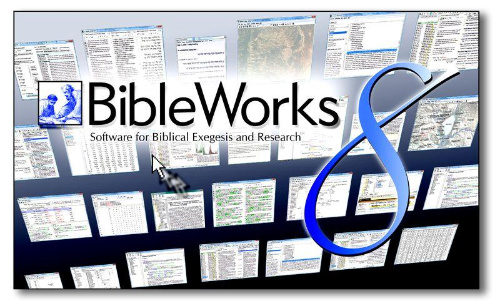

#Greek syntax for bibleworks 7 software
I highlight these considerations because the answer to the question, “Which Bible software program should I buy?” is: It depends.

Similarly, are there things you know you don’t need? Are you interested only in studying the Bible in English (or Spanish, or French…) but not necessarily in Greek and Hebrew? Are maps and graphics something you can easily access elsewhere? Is having a large library of electronic commentaries not a value? I don’t mean in an existential sense I mean: for what do you want to use Bible software? Personal Bible study? As a means to access electronic commentaries for sermon preparation? To do in-depth word studies in the original languages? To compare the Greek and the Hebrew texts of the Old Testament? For complex syntactical searches? To help generate graphics and handouts for a Sunday School class you teach? Some or all of the above? Think through why you want the Bible software. If you’re in the market to buy Bible software, then, here’s how I recommend proceeding.ġ. There are some free programs available for download ( E-Sword, for example), but my sense has been that if you want to have something in-depth, you’ll probably want to consider BibleWorks, Accordance, and Logos. Having now reviewed BibleWorks 9 ( here), Accordance 10 ( here) and Logos 4 ( here) and now 5 ( here), I want to compare the three programs and offer some suggestions for moving forward with Bible software. Which Bible software program should I buy? It’s an important question for the student of the Bible, especially if she or he is on a limited budget.


 0 kommentar(er)
0 kommentar(er)
